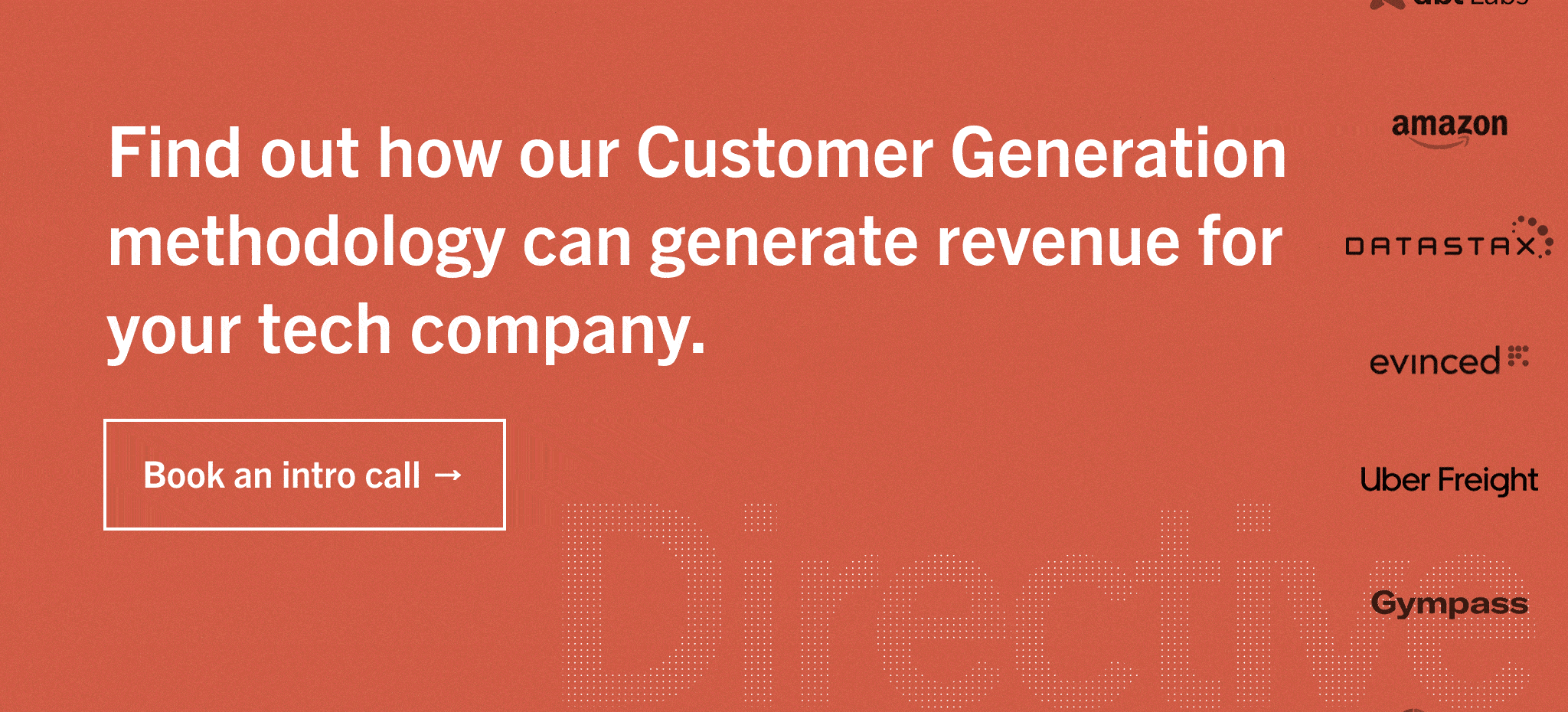What is an Ad Campaign?
Ad campaigns are a set of advertisements that focus on a single message. They are intended to meet a specific business goal as well as lead to conversions. Some business goals ad campaigns can target are creating brand awareness for a new product or service, driving sales for a specific product or service, and generating leads by asking potential customers to sign up for an email list, subscription, or other free offers.
It is important to note that ad campaigns are more than just creating an eye-catching ad and posting it on a search engine results page. For best results, ad campaigns must be well-researched and organized, with a clear, linear plan for marketers to follow. Launching ad campaigns really starts with identifying business goals, researching keywords that better reach and represent your target audience, and then creating advertisements and other content that raise awareness for and interest in your products or services.
Why are Ad Campaigns Important?
Ad campaigns are important because they can give your business a focused edge when it comes to marketing and advertising. Of course, the goal is not to beat out other businesses, but to find the people who will most benefit from your business. This means identifying and catering to Internet users who might benefit from your products or services and converting them to long-term customers. For instance, targeted campaigns can be highly effective for promoting assisted living communities to families seeking trusted care options for their loved ones.
Simply having a lot of site traffic ad post views does not mean anything if they are coming from the wrong visitors. Customer demographics matter if you’re going to make a difference in the size and success of your business. With this in mind, ad campaigns are useful tools for reaching the right people.
How Can You Create Great Ad Campaigns?
When creating great ad campaigns, there are a few key moves to make for instant success. These include setting a campaign goal, identifying a target audience, segmenting an audience, and choosing the best means of advertising.
Setting a Campaign Goal
Let’s start with the basics. Even if you have a cool ad campaign in mind, if you don’t have a central goal for the campaign, you don’t have much. Ad campaigns need to have a goal for them to be useful to your business. Not sure what your particular goal should be? No worries. The most common campaign goals include acquiring new clients, successfully promoting current products, launching new products and services, and improving all-around brand awareness. Whatever goal you wish to meet, be sure that you’ve identified it before you start any ad campaigns.
Identifying the Target
Your target is your intended audience. Identifying who this is and what they need is critical for accomplishing your goals. Define in clear detail who you’re trying to reach through your ad campaign. Take factors such as age, social status, sex, marital status, habits, likes, dislikes, education level, and hobbies into account to get a well-rounded idea of who will get the most from your business.
Segmenting Your Audience
Once you have a good idea of who you’re trying to reach, you can break your target audience down further. This is known as segmenting the audience. You can simply divide them into different groups based on the products and/or services you want to sell. Factors such as age, marital status, habits, education level, hobbies, and more can help you separate your larger audience into smaller ones.
Choosing Your Best Means of Advertising
How you advertise is as important as advertising itself. When working online, you have a lot of options at your disposal for how to advertise, and choosing the right one for your business depends on a couple of things; your products or services and where the bulk of your audience spends its time.
These are some of the most common means of advertising:
- Social Media
Advertising on social media is useful if your demographic is comprised of teens, young adults, adults, parents, and young professionals. These are the people most likely to be on social media platforms like Instagram, Facebook or Twitter. You can post content here, engage with your followers, and personalize your outreach. What’s more, your audience can easily interact with you over social media, making it a great vehicle for connection. - Email
Advertising through email, or email marketing, is a useful way to acquire new leads and possibly make conversions. For one thing, having the email of site visitors means they already have some interest in your business. Following up with emails about your products and services makes them more likely to make a purchase in the near future. - SEO and SEM
Search engine optimization and search engine marketing are different, but they have similar goals. SEO is when you optimize your website and business blog content so that it can rank higher in organic searches. SEM, on the other hand, is all about optimization but through paid efforts like cost-per-click ads displayed on different search engine networks.
When it comes to ad campaigns, knowing what you’re doing and why is really half the battle. Before you have your ad campaigns underway, however, you should make sure your website is up to scratch. This means blog content is updated, product pages are clear and informative, and calls to action are easy to understand. Let Directive help you ensure that your online business is where it needs to be. Book your call today to learn more.

